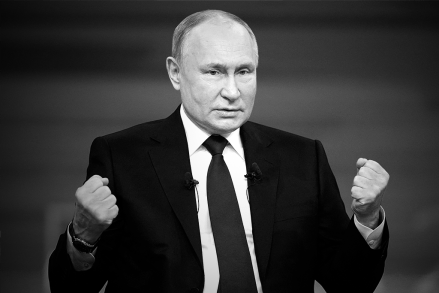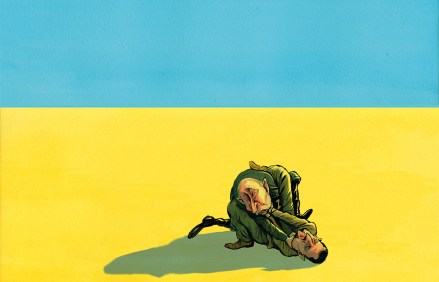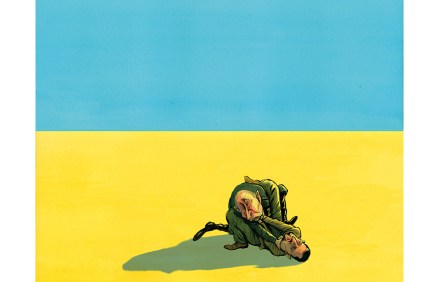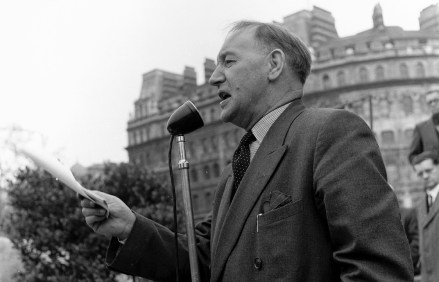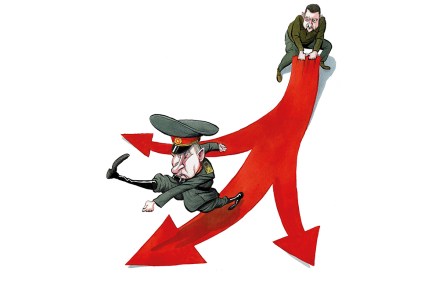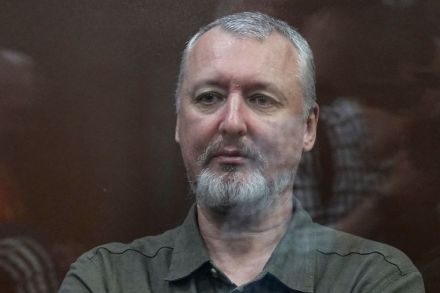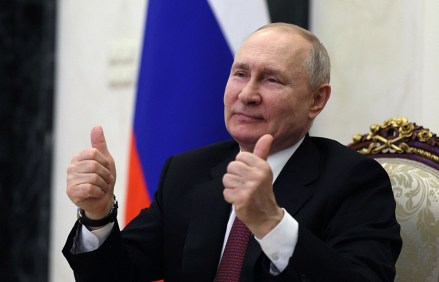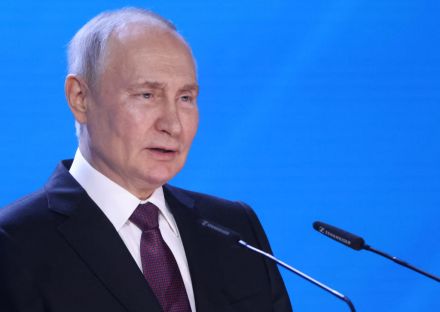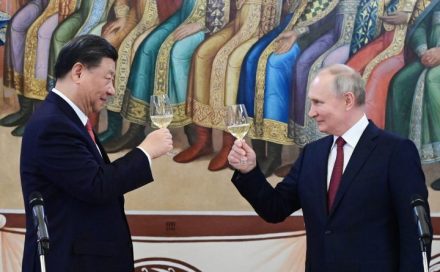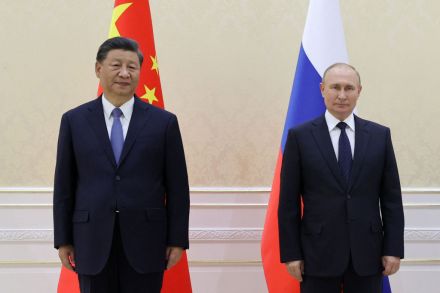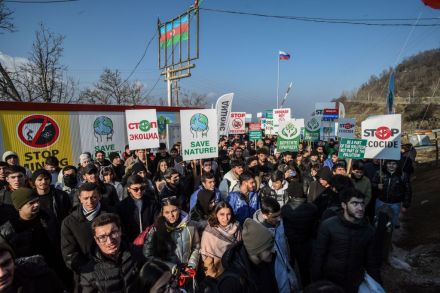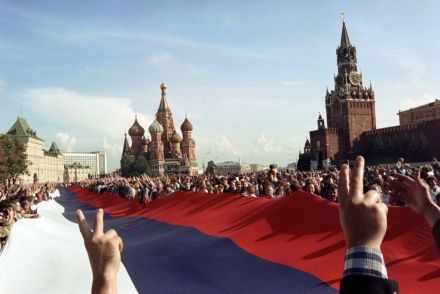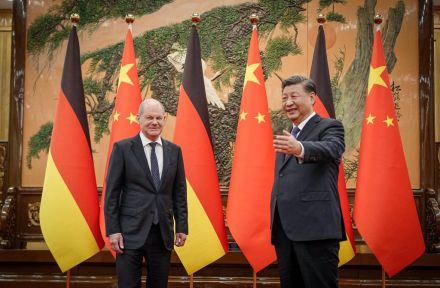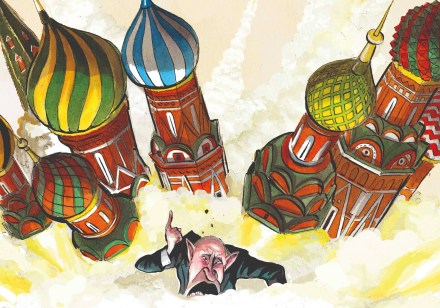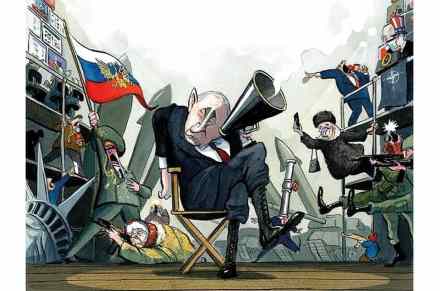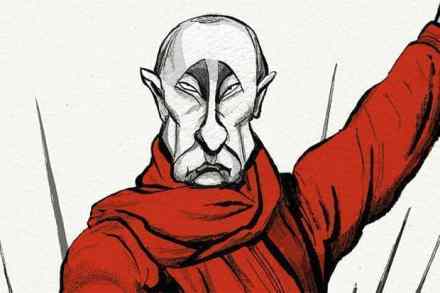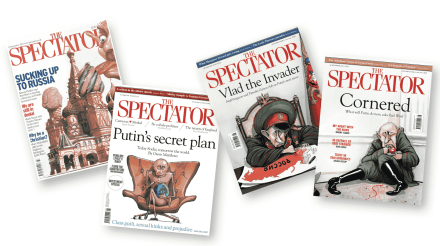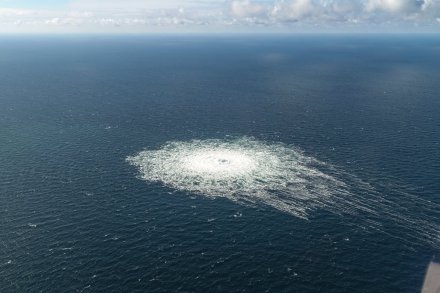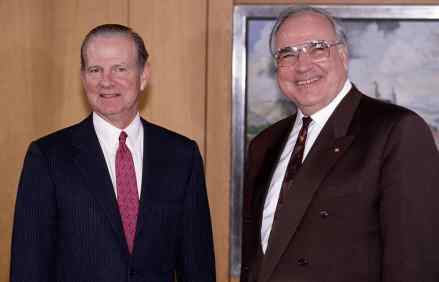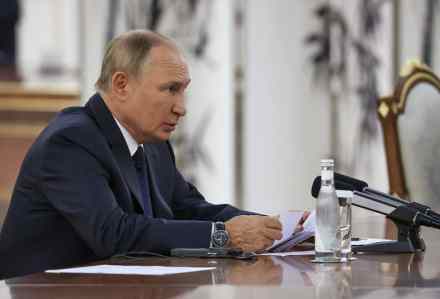Russia will not attack Nato
There is a lot of war fever about. In January, Grant Shapps, Britain’s tiggerish defence secretary, said the UK was in a ‘pre-war’ period. The West’s adversaries in China, Russia, Iran and North Korea are mobilising, he said. Not wanting to be outdone, Shapps’s Labour shadow John Healey wrote in the Daily Telegraph: ‘If Putin wins, he will not stop at Ukraine.’ Timescales for when this conflict will come vary. Shapps said it could come within the next five years, whereas the estimates of European politicians range from three to eight years. Nato’s top military official warned that Europeans must be ready for a conflict with Russia within two decades. An
